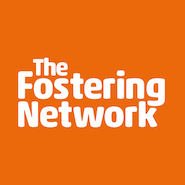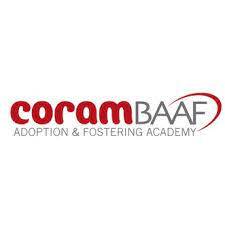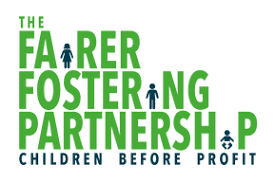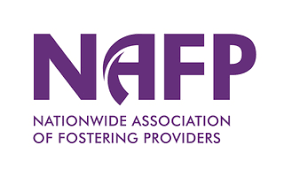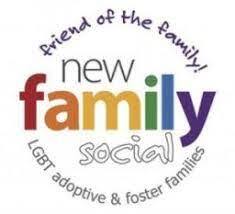
Get the fostering guidance & support you need from The CFT
Fostering is demanding, and we want to ensure prospective carers have considered whether fostering is right for them before deciding.
At The Children’s Family Trust (CFT), we offer the support, training, and guidance to help you navigate through the challenges that are part of the fostering journey.
We pride ourselves on the level of support we afford to foster carers within our organisation. Since 1945, our not-for-profit fostering charity has had the best interests of foster families in England at heart.
Being a foster parent can be a fulfilling, life-changing experience, but is fostering right for you?
What is foster care & what qualities make a good foster carer?
The term foster care refers to short to long term care for a child or young person in a foster home while their own family cannot provide adequate care.
Fostering a child is not the same as adopting a child. The process of becoming a foster parent is temporary, while adoption is permanent. Most foster children eventually return to their birth families.
At The CFT, we believe successful foster carers are unique individuals who show a multitude of qualities that distinguish themselves from the pack – qualities they may not even recognise themselves. Aside from being someone with a genuine interest in the well-being of a child or young person, most successful foster carers possess one or more of these qualities:
- Compassion
- Patience
- Empathy
- Flexibility
- Stability
- Resiliency
- Honesty
- Effective communicator
- Good sense of humour

What CFT foster carers can expect when fostering a child
Every foster carer has an allocated supervising social worker to provide regular support and supervision. Supervising social workers are consistent, meaning positive and effective working relationships are maintained.
All foster carers are invited to regular team meetings. This allows you to meet with other carers, speak with our senior management and staff teams, and develop a community of like-minded people.
he community of CFT foster carers is paramount to developing stickability, and our regular social events allow everyone to get together. In addition, The CFT hosts regular competitions, allowing children and young people to win great prizes.
The CFT offers 24-hour support, 7 days a week, 52 weeks a year. Our foster carers are never alone.
The CFT emphasises foster carers attending regular and ongoing training. This is to support their personal development, skills, and knowledge base, as well as keeping pace with the industry and making every tool available to manage all aspects of fostering.
Stickability and placement stability are vital to positive experiences in fostering. We recognise the individualised support both carers and children may require for children to feel settled. Where necessary, The CFT looks to provide the appropriate services and support from external agencies to help children and young people achieve their full potential.
All foster carers are provided with comprehensive guidance on the roles and responsibilities of a foster carer, as well as a copy of all of The CFT’s Policies and Procedures.
The CFT provides membership to Foster Talk for all approved foster carers. This provides you with additional advice (including legal advice) and insurance where necessary. You will also have access to Fosterline – a confidential advice line for foster carers.
In addition to our regular weekly fee, which is paid for each child in placement regardless of the child’s age, our foster carers receive a generous mileage allowance and 14 nights’ respite per year per child. This is calculated on a pro-rata basis. Our allowances and support offered to foster carers are reviewed annually to ensure our benefits package remains highly competitive.

Develop skills that you never knew you had
If you’re still wondering how to know if fostering is right for you, browse our resource centre for more information.
